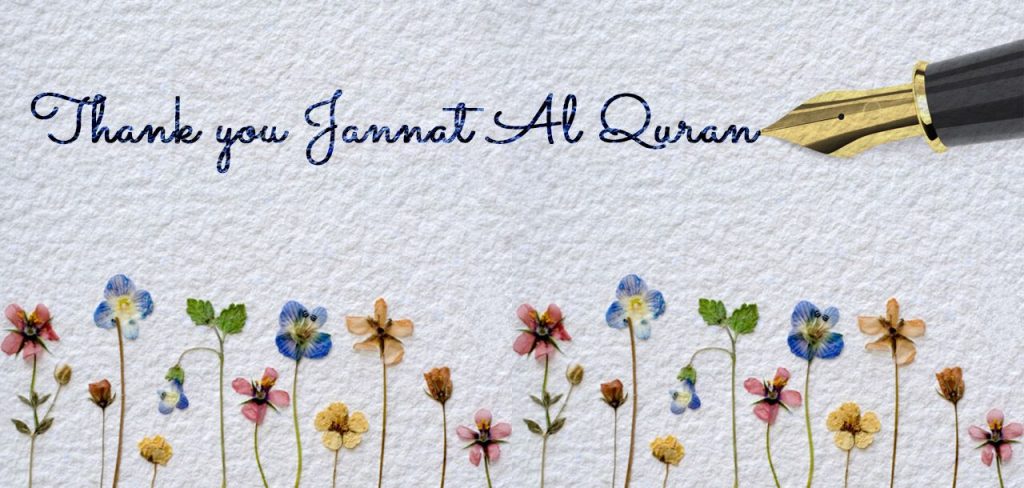Almost every day in our life, we are faced with the task of making a decision between two or more choices. Our beloved Rasulullah (Sallallaahu Alayhi Wasallam) taught us what to do and clearly outlined the solution. This solution is called Salatul Istikharah.
The Messenger of Allaah (peace and blessings of Allaah be upon him) used to teach his companions to make Istikharah in all things, just as he used to teach them surahs from the Quran. He said: If any one of you is concerned about a decision he has to make, then let him pray two rak’ahs of non-obligatory prayer, then say:
‘Allahumma inni astakhiruka bi’ilmika, Wa astaqdiruka bi-qudratika, Wa as’alaka min fadlika Al-`azlm Fa-innaka taqdiru Wala aqdiru, Wa ta’lamu Wala a’lamu, Wa anta ‘allamu l-ghuyub. Allahumma, in kunta ta’lam anna hadha-lamra Khairun li fi dini wa ma’ashi wa’aqibati `Amri (or ‘ajili `Amri wa’ajilihi) Faqdirhu wa yas-sirhu li thumma barik li Fihi, Wa in kunta ta’lamu anna hadha-lamra shar-run li fi dini wa ma’ashi wa’aqibati `Amri (or fi’ajili `Amri wa ajilihi) Fasrifhu anni was-rifni anhu. Waqdir li al-khaira haithu kana Thumma ardini bihi.’
اللَّهُمَّ إِنِّي أَسْتَخِيرُكَ بِعِلْمِكَ وَأَسْتَقْدِرُكَ بِقُدْرَتِكَ، وَأَسْأَلُكَ مِنْ فَضْلِكَ الْعَظِيمِ، فَإِنَّكَ تَقْدِرُ وَلاَ أَقْدِرُ وَتَعْلَمُ وَلاَ أَعْلَمُ وَأَنْتَ عَلاَّمُ الْغُيُوبِ، اللَّهُمَّ إِنْ كُنْتَ تَعْلَمُ أَنَّ هَذَا الأَمْرَ خَيْرٌ لِي فِي دِينِي وَمَعَاشِي وَعَاقِبَةِ أَمْرِي ـ أَوْ قَالَ عَاجِلِ أَمْرِي وَآجِلِهِ ـ فَاقْدُرْهُ لِي وَيَسِّرْهُ لِي ثُمَّ بَارِكْ لِي فِيهِ، وَإِنْ كُنْتَ تَعْلَمُ أَنَّ هَذَا الأَمْرَ شَرٌّ لِي فِي دِينِي وَمَعَاشِي وَعَاقِبَةِ أَمْرِي ـ أَوْ قَالَ فِي عَاجِلِ أَمْرِي وَآجِلِهِ ـ فَاصْرِفْهُ عَنِّي وَاصْرِفْنِي عَنْهُ، وَاقْدُرْ لِي الْخَيْرَ حَيْثُ كَانَ ثُمَّ أَرْضِنِي بِهِ ـ قَالَ ـ وَيُسَمِّي حَاجَتَهُ ”.O Allah! I ask guidance from Your knowledge, And Power from Your Might and I ask for Your great blessings. You are capable and I am not. You know and I do not and You know the unseen. O Allah! If You know that this job is good for my religion and my subsistence and in my Hereafter–(or said: If it is better for my present and later needs)–Then You ordain it for me and make it easy for me to get, And then bless me in it, and if You know that this job is harmful to me In my religion and subsistence and in the Hereafter–(or said: If it is worse for my present and later needs)–Then keep it away from me and let me be away from it. And ordain for me whatever is good for me, And make me satisfied with it). The Prophet (ﷺ) added that then the person should name (mention) his need.
(Reported by al-Bukhaari, 6841; similar reports are also recorded by al-Tirmidhi, al-Nisaa’i, Abu Dawood, Ibn Maajah and Ahmad).
Ibn Hijr (may Allah have mercy on him) said, commenting on this Hadith:
Istikharah is a word which means asking Allaah to help one make a choice, meaning choosing the best of two things where one needs to choose one of them.
The phrase: ‘The Messenger of Allaah (peace and blessings of Allaah be upon him) used to teach us to make istikharah in all things,’
Ibn Abi Jamrah said: ‘It is a general phrase which refers to something specific. With regard to matters that are waajib (obligatory) or mustahabb (liked or encouraged), there is no need for istikharah to decide whether to do them, and with regard to matters that are haraam (forbidden) or makrooh (disliked), there is no need for istikharah to decide whether to avoid them. The issue of istikharah is confined to matters that are mubaah (allowed), or in mustahabb matters when there is a decision to be made as to which one should be given priority.’ I say: it refers to both great and small matters, and probably an insignificant issue could form the groundwork for a big issue.
The phrase ‘If any one of you is concerned…Let him pray two rak’ahs of non-obligatory prayer.’ This is mentioned to make it clear that it does not mean Fajr prayer, for example. He can pray istikarah when he prays two rak’ahs of regular Sunnah prayer done after or before Zuhr for example, or two rak’ahs of any naafil prayers whether they are regularly performed or not… He can have the intention to pray istikharah at the same time as intending to pray that particular prayer.
Ibn Abi Jamrah said: The wisdom of praying the Salah before the dua is that istikharah is intended to combine the goodness of this world with the goodness of the next. A person needs to knock at the door of Allah, and there is nothing more effective for this than prayer, because it contains glorification and praise of Allah, and expresses one’s need for Him at all times.
The phrase ‘O Allah, I seek Your guidance by virtue of Your knowledge’ is explaining ‘because You know best.’ Similarly, ‘by virtue of Your power’ most likely means ‘seeking Your help.’ ‘I seek ability’ (astaqdiruka) means ‘I ask You to give me the power or ability (qudrah) to do’ whatever is being asked for, or it probably means ‘I ask You to decree (tuqaddir) this for me.’ So it may mean making it easy.
‘I ask You of Your great bounty’ refers to the fact that Allah gives out of His great generosity, but no one has the right to His blessings.
‘You have power, I have none. And You know, I know not’ refers to the fact that power and knowledge belong to Allah alone, and the slave has no share of them except what Allaah decrees for him.
‘O Allah, if in Your knowledge this matter…’ It is apparent from the context that he should state it, but it is probably sufficient to be thinking of the matter whilst making this dua’.
‘Then ordain it for me’ means ‘make it happen for me’ or it may mean ‘make it easy for me.’
‘Then turn it away from me, and turn me away from it’ means ‘so that my heart will no longer feel attached to it after it has been turned away.’
‘Make me pleased with it’ means ‘make me content with it, so that I will never regret asking for it or be sorry that it happened because I do not know how it will turn out, even if at the time of asking I am pleased with it.’
The secret is that one’s heart should not be attached to the matter in question because that will result in a person becoming restless. Being pleased with something means that one’s heart is content with the decree of Allah.
We should be pleased with what Allah chooses for us. We ask Allah to give us beneficial knowledge, and the success to act upon it in the way most beloved to Him, on the footsteps of His beloved Prophet Muhammad (Allah bless him and give him peace).


